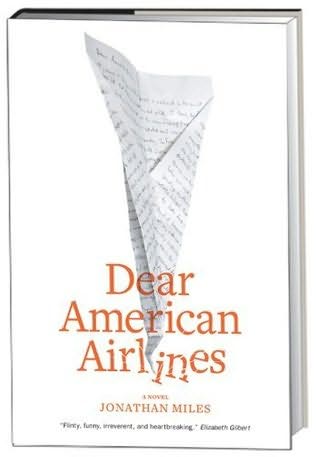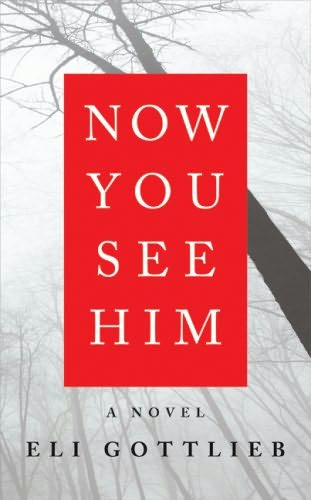 Margrit Knight was forever changed by her exposure to the Old Races, and she's still involved with them, whether she wants to be or not. Like the impossible task of unringing a bell, our favorite Legal Aid attorney is once again dragged into the world of the Old Races, and is once again face to face with our favorite gargoyle, Alban Korund.
Margrit Knight was forever changed by her exposure to the Old Races, and she's still involved with them, whether she wants to be or not. Like the impossible task of unringing a bell, our favorite Legal Aid attorney is once again dragged into the world of the Old Races, and is once again face to face with our favorite gargoyle, Alban Korund.Margrit still owes Janx, the dragonlord, a favor and it's time to pay up. He asks the impossible of her - protect the djinn in his employ from the men/forces that have been killing his employees. Grit being human, she basically tells Janx that he's crazy. He loves that she'll stand up to him but insists that this is the favor she must pay him, which leads to her straight to vampire Eliseo Daisani; she knows that she'll need help from someone that isn't human. (Remember, djinn can basically disappear into the air at will - how can Margrit protect that?) Her pact with the vampire creates quite a stir and it isn't long before Margrit finds herself a bit in over her head, as usual. Most normal people would run for the hills, but Grit realizes that the Old Races provide her with the special something she's been searching for all her life. They make her life exciting, bringing an otherwise dull existence into technicolor craziness.
Before long, Margrit finds herself asked to negotiate a peace treaty of sorts between the Old Races. There are surprises around every corner, including one race that has replenished its numbers, much to the shock of the other races. There are secret alliances and age-old resentments around every corner. And to make matters worse, Margrit brings a very human aspect to the talks, continuing to deal with things from her human perspective, which may bring the harshest penalty yet upon her.
Tony the cop is back, and the on-again/off-again relationship between him and Margrit is addressed. I appreciated that Murphy didn't drag that plot point out; it's pretty much resolved after this book. Oh, don't get me wrong - I don't think Tony's going anywhere anytime soon. And I'm also anxious to see what happens with Grit's roommates. Yes, the cat (or in this case, the gargoyle) is out of the bag; Grit's male roomie realizes that Alban isn't human and he's having a very, very difficult time understanding her love for the stony creature. It's quite interesting to have a racist theme playing out for a character who is black herself, albeit of a fairly light color. Her roomie claims not to be a racist, but then proves that he is - racist against the ultimate in another Race.
Best of all, the love story between Alban and Margrit takes a huge step forward, which makes me incredibly happy. That was one of my biggest complaints about her other series, the Walker Papers, about the urban shaman. There were hints of romance for the main character, but just when it seemed like we'd finally see the payoff - bupkus. Shut down, no happy endings. (But maybe all is not lost - Murphy is returning to that series after the third installment of this series. Just have to wait and see!) I have greatly enjoyed the blossoming relationship between the scrappy lawyer and the man of stone, and I'm hoping that they'll have a happy ending in the next book. Sure, it's reminiscent of that old "Beauty and the Beast" TV series, but who cares? I loved that show, and I love these books!

